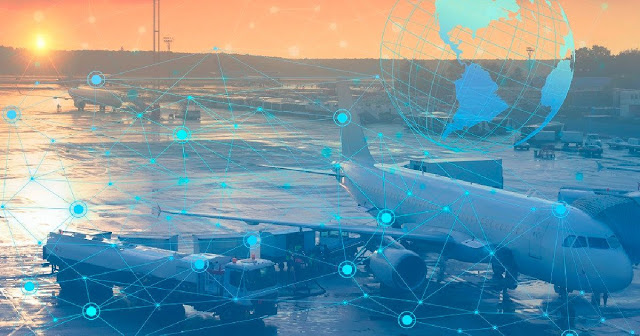Aviation Security Management: Balancing Safety and Efficiency

Aviation security management plays a crucial role in ensuring the safety and efficiency of air travel. With the ever-growing global air traffic, the aviation industry faces a constant challenge in striking the right balance between enhancing security measures and maintaining operational efficiency. This delicate equilibrium is essential to safeguard passengers, crew, and aircraft while ensuring a seamless travel experience for all. 1. The Evolving Threat Landscape The aviation industry operates in a dynamic environment where security threats are constantly evolving. From traditional concerns like hijacking to modern-day cyber threats, the industry must adapt to an ever-changing landscape. The 9/11 terrorist attacks in 2001 marked a paradigm shift in aviation security, leading to the implementation of stringent measures to prevent similar incidents. However, as technology advances and threat actors become more sophisticated, the aviation industry must stay ahead of the curve. 2. En...






.jpg)






